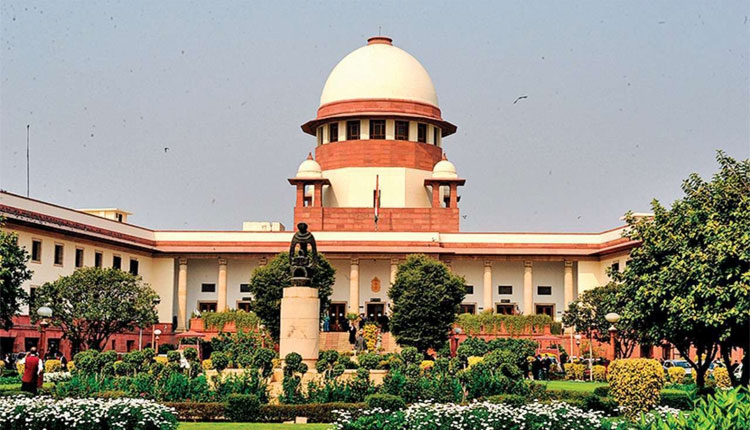New Delhi: In a significant ruling, the Supreme Court of India has mandated that the Bar Council of India (BCI) and state bar councils adhere to prescribed enrolment fees for new lawyers, significantly reducing the financial burden on aspiring advocates. The apex court clarified that enrolment fees for registering as lawyers should not exceed Rs 750 for general category applicants and Rs 125 for those belonging to SC-ST categories, as stipulated by law.
The decision was delivered by a bench led by Chief Justice of India DY Chandrachud, who emphasised that the BCI and state bar councils can impose additional charges for welfare and development initiatives. However, these councils are prohibited from charging fees beyond the amounts set forth in the Advocates Act.
This ruling comes in response to multiple petitions challenging the exorbitant fees being charged by various state bar councils, with some demanding up to Rs 40,000 for registration. The court’s decision aims to prevent such practices, which effectively deny access to the legal profession for individuals from economically disadvantaged and marginalised communities.
“The dignity of an individual includes the right to develop to the full potential of his or her own choice, the right to practice a profession of one’s choice, and earn a livelihood,” stated Chief Justice Chandrachud. “Excessive registration fees and other miscellaneous charges create an undue barrier to entry into the legal profession.”
The Supreme Court’s verdict was reserved on May 22, following hearings on ten petitions challenging the excessive enrolment fees. The petitioners argued that several state bar councils were violating statutory fee limits, thereby restricting entry into the profession for those from poorer backgrounds.
In response to the court’s ruling, the Bar Council of India has temporarily halted the sale of registration forms, indicating a forthcoming adjustment in their enrolment fee structure to comply with the court’s directives.
This landmark judgement is expected to ease the financial burden on law graduates and aspiring legal professionals, ensuring a more equitable entry into the legal profession. The decision underscores the judiciary’s commitment to upholding the principles of fairness and accessibility in the legal field, particularly for those from underprivileged sections of society.



Comments are closed.